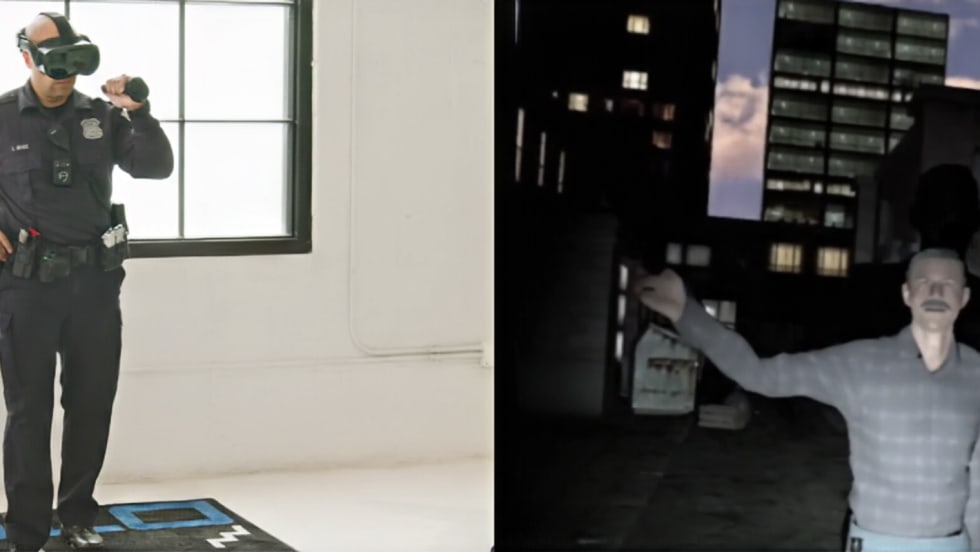I recently read a white paper written by the Center for Creative Leadership called The Challenges Leaders Face Around the World. The most frequently mentioned challenge from China, India, and the United States was developing managerial effectiveness. Managerial effectiveness includes skills such as time management, strategic thinking, and decision-making. The challenge for any supervisor is to develop relevant skills in order to be more effective. The study recommends that supervisors use goal-setting, delegation, maximizing their value, and clarifying their role as ways to improve managerial effectiveness. I will present my take on each of the four recommendations.
Set Goals—Goal-setting is important for any supervisor because it provides direction. This allows you to separate what's important from what's irrelevant. It also helps limit distractions. When working with goals, it's best to set them in a way that helps motivate you as a leader. In turn, that will help you motivate others.
Goal-setting will also provide you with benchmarks to determine whether or not you're succeeding. If you set them correctly, goals will clear a path for the development of standards, objectives, timelines, and deadlines. I consider goal-setting a first step toward being more effective because it helps you define your mission.
Delegate More—Work is often approached differently by the rank and file. Subordinates are usually tasked with doing the work and supervisors are tasked with making sure the work gets done. That doesn't mean that supervisors don't work, it just involves a different kind of work, and usually more of it. In order to help supervisors meet their responsibilities, they have to delegate.
Delegation is not hard to understand. It's about identifying tasks that only you can do as a supervisor and finding ways to delegate the rest. The trick is to find the right person for each task and then support their efforts. This is accomplished by using trust and giving clear instructions. Supervisors have to set a realistic deadline and find ways to check for progress. In other words, delegation is not a free ride for a supervisor. In a nutshell, using delegation is a way to harness the power of other people's help in order to focus on more supervisor-specific tasks.
Maximize Your Value—Maximizing your value means using your skills to enhance the mission. If you are really good at something, you should find a way to incorporate that into your work. For example, if you are a good trainer, you should volunteer to do some of your agency's training. If you are really good at writing, then maybe you should serve on your agency's policy review committee to help clarify the often conflicted nature of most policies and procedures.
In other words, find ways to work on tasks that not only match your unique skills, but use them to the fullest extent possible. You can either volunteer to work on tasks you like or risk the chance you will be assigned the ones you don't.
Clarify Your Role—Your role is defined by two primary sources: agency policy and your immediate supervisor. Reading policy and what it says about your position is the easy part. Understanding how your supervisor identifies your role is a bit more complicated. You must first understand their personal goals and objectives and what motivates them. Those two areas help form what they have planned for you and your unit. If you are lucky, your views align or at least meet somewhere in the middle. If you're not lucky, it could get ugly for you. You only have two choices here: work it out or transfer.
The best way to avoid any problems is having a conversation with your supervisor at the start of your assignment. Ask your questions up front so you are very clear on what is expected of you, how much authority you have, and what your supervisor considers important information. Airing all that out in the beginning will make your life easier.
My Additions—In addition to these four recommendations, I would add that working on your time management, learning how to run a project from start to finish, and using a proven decision-making model are critical to becoming more effective as a manager. If you have not been afforded any training opportunities in those areas, specifically project management, I would suggest learning them on your own. The internet is full of references and resources you can tap into. My bottom line as a manager revolves around time being a valuable resource. Therefore, I have always tried to work smarter and not harder.
Amaury Murgado retired a senior lieutenant from the Osceola County (FL) Sheriff's Office with more than 29 years of experience. He also retired from the Army Reserve as a master sergeant.












